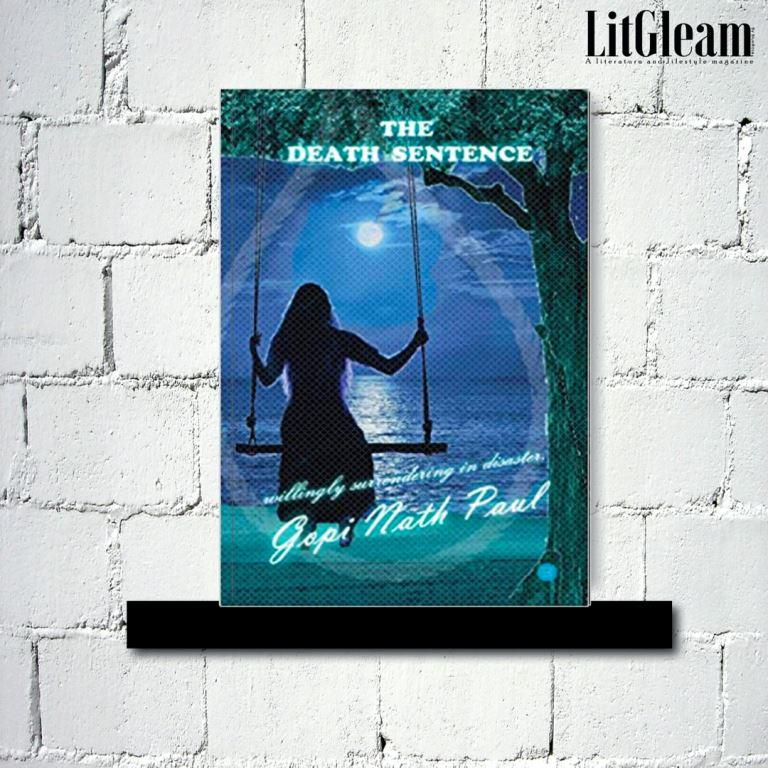Author- Gopi Nath Paul
Publishers- BlueRose Publishers
Publication date- 30 January 2021
Genre- Fiction
Blurb– Mousumi, the only daughter of the Chief Minister of a state is a wanderer. She’s caged in their house due to the ongoing political tumult. She’s appointed a security guard, Ashish, who turns out to be from the opposite rebel group. Convicted of murder, he’s hanged to death. Only later does Mousumi understand what Ashish held for her in his heart.
Review– The novel is structured in 18 episodes which is set in a non-linear form. It might make one feel slightly disoriented but when you get hold of the plot you will get used to the flow of the story. The story begins with a political break out and how people and children are hugely affected by it. People are killed and heaped and all this goes masked behind politics and power. It is interesting how the author incorporated certain social messages in this fictional story. It might seem like a completely normal story but it has a message.
When we look at the plot itself it begins in the present with Mousumi’s story and how she got herself involved in politics to stop the terror in the state. While she gives an interview, some journalists comment on her personal life. This brings out the absurdity of the media in trying to poke its way into an individual’s personal affairs. This also goes on to show how the media has totally crossed its limits in recent times by trespassing privacy of individuals. The entire story revolves around how people are affected by violence and the greed for power irrespective of their status in the society. The timeline then jumps to the past when Supata, the journalist, interviews Mousumi and asks her about the decision to be a state leader. Mousumi then narrates what her traumatic experience was and what led to it. The jump in the timeline however does ot return to the present but to somewhat an intermediate where we later see Mousumi realising the meanings behind her “security’s” actions.
Considering the characters, Lalita, Arnab, Mr and Mrs. Gupta, Sunayana, Sajal are mostly in the backdrop and their storylines are brought in once in a while. Mousumi’s story is often seen interrupted by different storylines that run parallel sort of causing a disruption but then when you connect the loose ends you see where it all leads to. Though it was clear that Ashish was the security guard, he was mostly always addressed as the “security” which is really confusing. There are instances when in the same paragraph he is addressed using different terms.
Sunayana and Sajal’s relationship being influenced by politics is an explicit pointer towards societal structures interfering with an individual’s personal choices. It is sad that in the end Sajal ends his life by committing suicide by jumping off a building. As much as this was a potential parallel plot line, the author left it hanging without further development which was kind of disappointing.
The instances of abduction, kidnapping, toruture and murder was kind of in a faze. It might have been the case because it is a trigger content but in some way felt like a filter to reality. But the author has done a good job in talking about it. The dialogues in the novel were simple and precise, conveying exactly what was needed without much exaggeration. The climax was a major plot twist as Ashish’s identity as a murderer was revealed just when the relationship between him and Mousumi starts developing romantically. In the end, though she is infuriated at him for killing innocent people which includes her best friend, Mousumi understands that he loved her which ends the story in a calm note. Nevertheless, it is a good read and keeps you thinking later and ends with a romantically sad poetry.
Rating- 4/5
Favourite quotes-
“On the dramatic swing of life and death, the girl finally has able to envisage his inner-world, and owned him forever; unfortunately, immediately after his tragic demise.”
“Now once, I wish to see you.
Will you not fulfill that too? “




